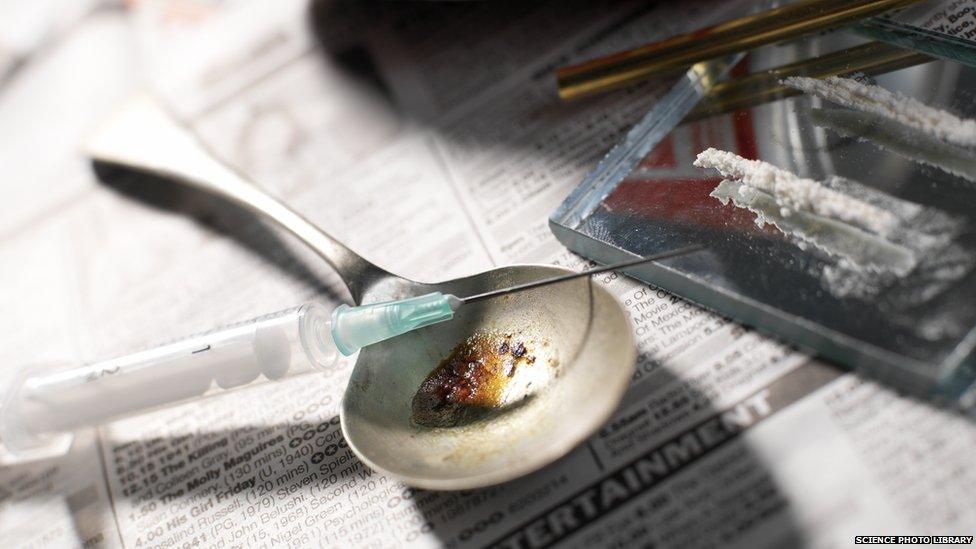Questions Answered in This Article:
• What Is Heroin and How Does It Affect the Body?
• How Addictive Is Heroin?
• Why Do People Use Heroin?
• How Does Heroin Detox Help in Recovery?
Heroin addiction is a serious substance use disorder that affects millions of individuals across the country. This powerful opioid drug can lead to physical dependence after just a few uses, making it extremely hard to quit. Without proper help, heroin addiction often becomes a dangerous, life-altering cycle.
At Windward Way Recovery, we provide professional, compassionate care tailored to each person’s needs. Our team uses evidence-based treatment programs that include medically supervised detox and long-term support. We help clients safely recover from heroin addiction and take the first steps toward a healthier, more stable life.
What Is Heroin and How Does It Affect the Body?
Heroin is a powerful synthetic opioid derived from morphine, known for its rapid and intense effects on the brain. Once it enters the system, it triggers a rush of dopamine, producing feelings of extreme pleasure and relaxation. These effects are short-lived but highly addictive, often leading to repeated use and the eventual need for heroin detox to safely begin recovery.
Short-term effects of heroin may include:
• Euphoria (a “high”)
• Warm, relaxed feelings
• Drowsiness
• Nausea or vomiting
• Slowed breathing
The short-term effects of heroin include euphoria, drowsiness, nausea, and slowed breathing. Regular use quickly builds physical dependence, where the body needs higher doses to function normally. Over time, this pattern of abuse can develop into full-blown heroin addiction, requiring professional treatment to break the cycle.
How Addictive Is Heroin?
Heroin is extremely addictive, with some people developing a dependency after only a few uses. This opioid drug quickly alters the brain’s reward system, reinforcing the urge to keep using it. Without proper treatment, breaking free from heroin addiction becomes very difficult.
People often ask, how does heroin make you feel—the answer is intense euphoria, warmth, and relaxation that quickly fades. You may have a heroin addiction if you constantly crave the drug, continue using it despite problems, or try to quit but can’t. This condition is also known as heroin use disorder, and getting professional help is the first step toward recovery.
Heroin Addict Signs and Symptoms
Recognizing the signs of heroin abuse is critical for early intervention and support. Heroin addiction often changes a person’s appearance, behavior, and relationships. These signs may become more noticeable as the addiction progresses.
Look for these heroin addict signs:
• Needle marks or “track marks” on arms or legs
• Sudden weight loss
• Poor hygiene or messy appearance
• Mood swings or anger
• Lying or stealing to get drugs
Common heroin addiction symptoms include:
• Trouble at work or school
• Ignoring responsibilities
• Sleeping more or less than usual
• Withdrawal when not using
• Needing more heroin to get the same feeling
These red flags often point to a deeper struggle with heroin addiction and the urgent need for help. Identifying these heroin addict signs can lead to life-saving treatment and recovery. With the right support, individuals can overcome addiction and reclaim their lives.
Why Do People Use Heroin?
Understanding the reasons behind heroin use is important for building effective treatment and support strategies. Many individuals turn to heroin as a way to cope with emotional or physical pain. What may begin as casual use can quickly escalate into a dangerous pattern.
Many people start using heroin for reasons like:
• To escape emotional pain or trauma
• After using prescription opioids
• Peer pressure or curiosity
• Self-medicating mental health issues
These motivations often lead to long-term heroin abuse and serious health risks. Continued use not only affects the person using but also impacts their loved ones and overall well-being. Without treatment, heroin addiction can become life threatening and harder to overcome.
The Dangers of Heroin Abuse
Heroin abuse poses serious risks to both physical and mental health. It can lead to lasting damage in multiple organs and severely impact personal relationships. Among the most critical dangers is the risk of a sudden, life-threatening heroin overdose.



